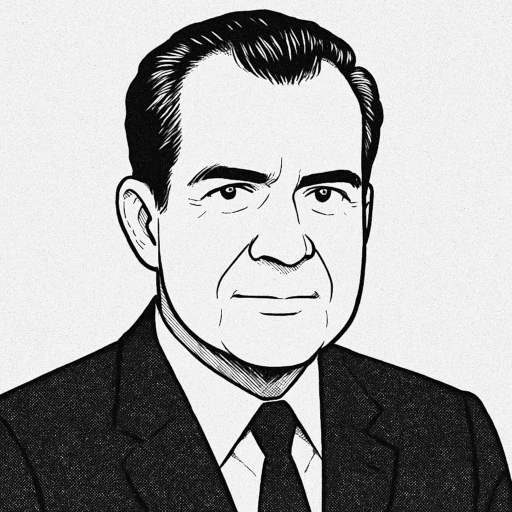“Black Americans, no more than white Americans, they do not want more government programs which perpetuate dependency. They don’t want to be a colony in a nation.”

- January 9, 1913 – April 22, 1994
- American
- The 37th President of the United States, Lawyer, Politician
table of contents
Quote
“Black Americans, no more than white Americans, they do not want more government programs which perpetuate dependency. They don’t want to be a colony in a nation.”
Explanation
In this quote, Richard Nixon articulates a belief that African Americans, like all citizens, desire empowerment and self-determination—not expanded government dependence. By stating that they “do not want more government programs which perpetuate dependency,” Nixon critiques certain social welfare policies that, in his view, may have had the unintended consequence of fostering economic stagnation or social isolation. The striking phrase “a colony in a nation” evokes a condition of separateness, marginalization, and second-class citizenship, suggesting that overreliance on government aid risks estranging Black Americans from full participation in American life.
This sentiment was closely tied to Nixon’s “Black Capitalism” initiative and his broader policy of New Federalism, which sought to decentralize welfare and encourage economic independence, particularly among historically marginalized groups. While his administration was criticized for failing to fully address systemic inequalities, Nixon’s rhetorical approach here is an attempt to reframe civil rights not only in terms of legal equality, but in terms of economic and cultural integration.
In today’s context, the quote continues to resonate in debates over racial equity, social safety nets, and the balance between support and self-sufficiency. It challenges policymakers to consider whether government programs are truly uplifting communities or simply managing poverty without changing its roots. Nixon’s words reflect a complex political position—promoting opportunity over assistance, while also recognizing the dignity and aspirations of Black Americans as central to the national fabric.
Would you like to share your impressions or related stories about this quote in the comments section?

